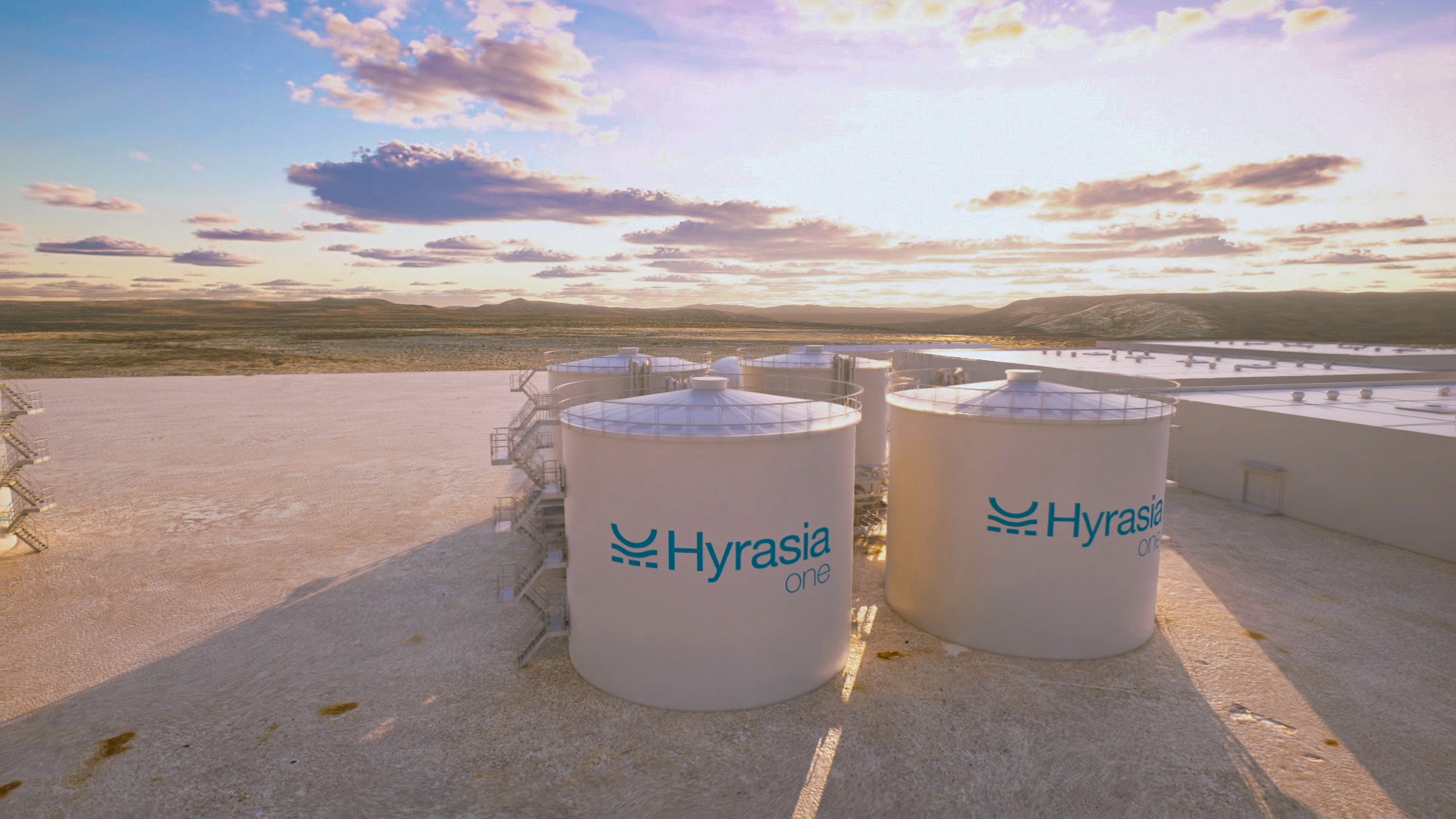About Hydrogen
Climate Change & The Paris Agreement
Climate change is a pressing global issue, leading to extreme weather events and disruptions to ecosystems threatening human life and biodiversity. To combat climate change and its devastating effects, 196 countries adopted the so-called Paris Agreement during the 21st Conference of the Parties (COP21) in 2015. The goal of the Paris Agreement is to unite global efforts to limit global warming to well below 2°C, with the aim of pursuing efforts to limit warming to 1.5°C, thereby avoiding the most severe impacts of climate change. One of the most important tasks in achieving this goal is to massively reduce global greenhouse gas emissions.
Despite these efforts, the world is still on a trajectory towards dangerous levels of warming, making it imperative that all nations strengthen their commitments and accelerate their actions.

Kazakhstans Climate Goals
Kazakhstan signed the Paris Agreement in 2016. As part of its commitment under the Agreement, Kazakhstan submitted its updated Nationally Determined Contribution (NDC) in 2023. The country has set an ambitious target to reduce its greenhouse gas emissions by 15% unconditionally and 25% conditionally (with international support) by 2030 compared to 1990 levels.
Kazakhstan signed the Paris Agreement in 2016. As part of its commitment under the Agreement, Kazakhstan submitted its updated Nationally Determined Contribution (NDC) in 2023. The country has set an ambitious target to reduce its greenhouse gas emissions by 15% unconditionally and 25% conditionally (with international support) by 2030 compared to 1990 levels.
In addition, Kazakhstan aims to achieve carbon neutrality by 2060, with plans to phase out coal use, expand renewable energy, and implement large-scale reforestation and sustainable agriculture practices. This comprehensive approach is in line with the country’s long-term strategy for a low-carbon economy and sustainable development.

The Crucial Role of Hydrogen
To combat climate change and achieve ambitious greenhouse gas reduction targets, large-scale renewable energy production is crucial. Unlike coal, oil, and natural gas, renewable energy sources like wind and solar do not emit greenhouse gases. Electrification, combined with renewables, is essential for achieving net-zero emissions. However, certain sectors cannot be directly electrified, making hydrogen a promising solution.
To combat climate change and achieve ambitious greenhouse gas reduction targets, large-scale renewable energy production is crucial. Unlike coal, oil, and natural gas, renewable energy sources like wind and solar do not emit greenhouse gases. Electrification, combined with renewables, is essential for achieving net-zero emissions. However, certain sectors cannot be directly electrified, making hydrogen a promising solution.
With the potential to reduce 20% of global emissions by 2050, private companies, governments, and banks are investing heavily in the global hydrogen market. Energy-intensive industries, maritime, and aviation sectors rely on green hydrogen for decarbonization. As a result, hydrogen projects, policies, and partnerships are emerging worldwide. Rapid large-scale production of green hydrogen is essential for a successful energy transition.